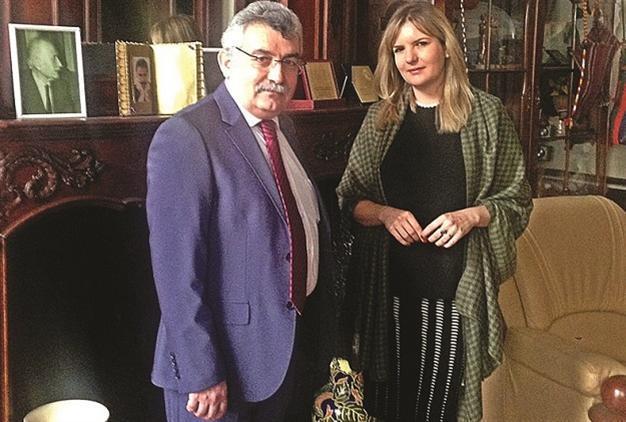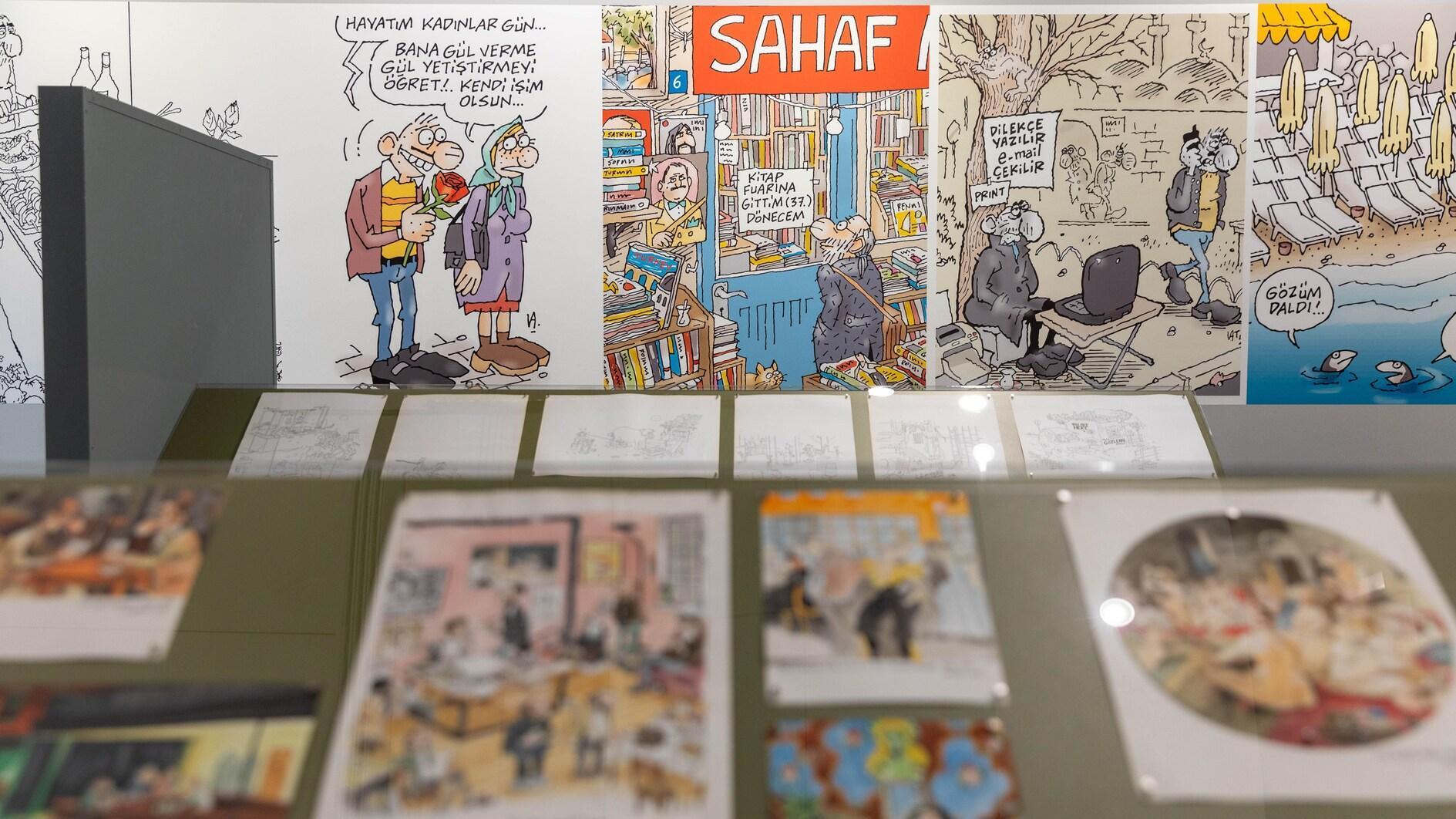PKK not a separatist or nationalist group: Senior member
Cansu Çamlıbel BRUSSELS
 Zübeyir Aydar, a leading figure in the outlawed Kurdistan Workers’ Party (PKK) based in Brussels, has claimed that the PKK is neither a separatist nor a nationalist organization, while also stressing that the group fully supports the jailed PKK leader Abdullah Öcalan’s stance in the ongoing peace process.
Zübeyir Aydar, a leading figure in the outlawed Kurdistan Workers’ Party (PKK) based in Brussels, has claimed that the PKK is neither a separatist nor a nationalist organization, while also stressing that the group fully supports the jailed PKK leader Abdullah Öcalan’s stance in the ongoing peace process.“People took up arms because the doors of politics were closed to them. We cannot ignore the past. Everyone has to abandon the paranoiac idea that Turkey will be divided. We are in a way trying to express ourselves about this issue through elections. This is why the [Peoples’ Democratic Party] HDP was founded,” Aydar told daily Hürriyet in an exclusive interview.
He said the PKK wanted Turkey to be a “developed democratic country” that will set an example for others. “If Turkey becomes such a country, then the Kurds in the other countries will also want to act in line with Turkey,” he said.
Aydar was elected to parliament in 1991 when the pro-Kurdish, now-defunct People’s Labor Party (HEP) entered the elections. He then moved to Europe in 1995, after a subsequent party was outlawed for collaborating with the PKK. He has been living in Europe ever since.
He also told Hürriyet that it is “understandable” that there are many in Turkey today who believe that the Kurds will demand separation in the future, even if they do not demand it right now. But he refuted that the outlawed PKK was a nationalist group.
“The nationalists in Turkey must see the fact that we are not making any calculations based on lands. We are not putting any borders up such as ‘this village is ours, that village is yours.’ We want to solve problems by staying distant from nationalism. Nationalism damages solutions, regardless of which side uses it,” Aybar said.
The PKK was not a nationalist organization when it was first founded, he added, while admitting that it had moved closer to nationalism over time.
“We want to live together with all segments of society in Anatolia. We support the idea that everyone should be able to live in a free and democratic atmosphere respecting their identity, culture and belief, without anyone being forced to move from their home, without setting up borders between people,” Aybar said, adding that the PKK today wanted local governance to be promoted across the whole of Turkey, not just the southeast.
He also said the Kurdish should be made into an official language, along with Turkish.
Referring the recent conflicting statements coming from the government and the HDP over the peace process, Aybar stressed that the PKK fully supported HDP Co-Chair Selahattin Demirtaş in elections and Öcalan during the process.
“The Kurdish movement supports Selahattin Demirtaş and the party he is representing in the elections. When it comes to the peace process, the Kurdish movement supports Apo [Öcalan],” he said.
The ruling Justice and Development Party (AKP) does not want the HDP to enter the June 7 parliamentary elections as a party, but rather wants HDP lawmakers to enter as independent candidates, Aybar suggested.
“If the HDP enters the election as independent candidates, they will get around 6 seats out of the total 11 seats in Diyarbakır. If they enter as a party, they will target all 11 seats. The AKP does not want that,” he said.
Meanwhile, Aybar also revealed that the European Union is in unofficial contact with the PKK after the Kurdish fighters’ battle against Islamist jihadists in northern Syria.
“The PKK is on the official terror list [of the EU], but there are unofficial contacts. They did not have any relations with Rojava or the [Democratic Union Party] PYD before, but now they can be invited to the Elysee Palace and hold official meetings. Turkey is unhappy with that,” he said.
















